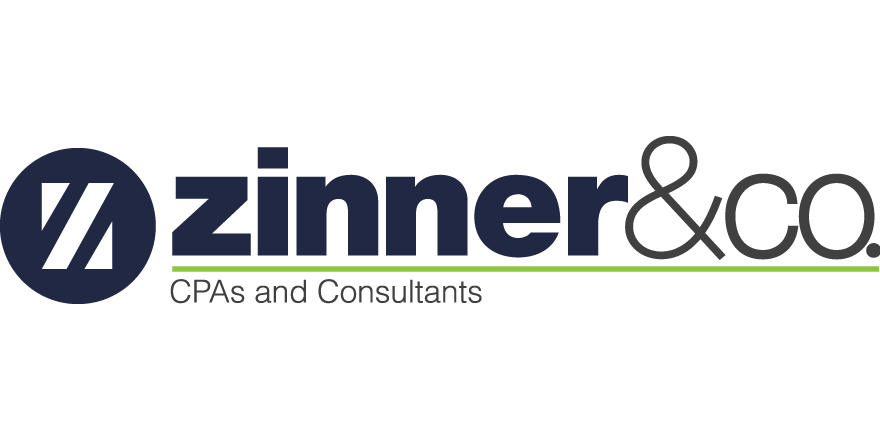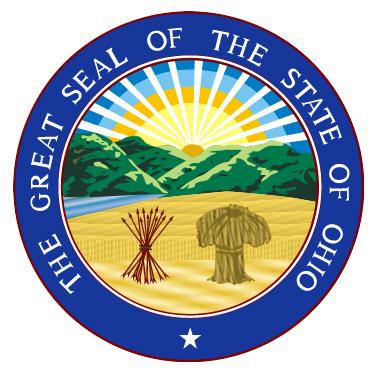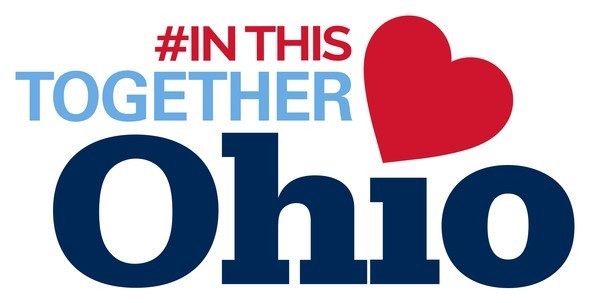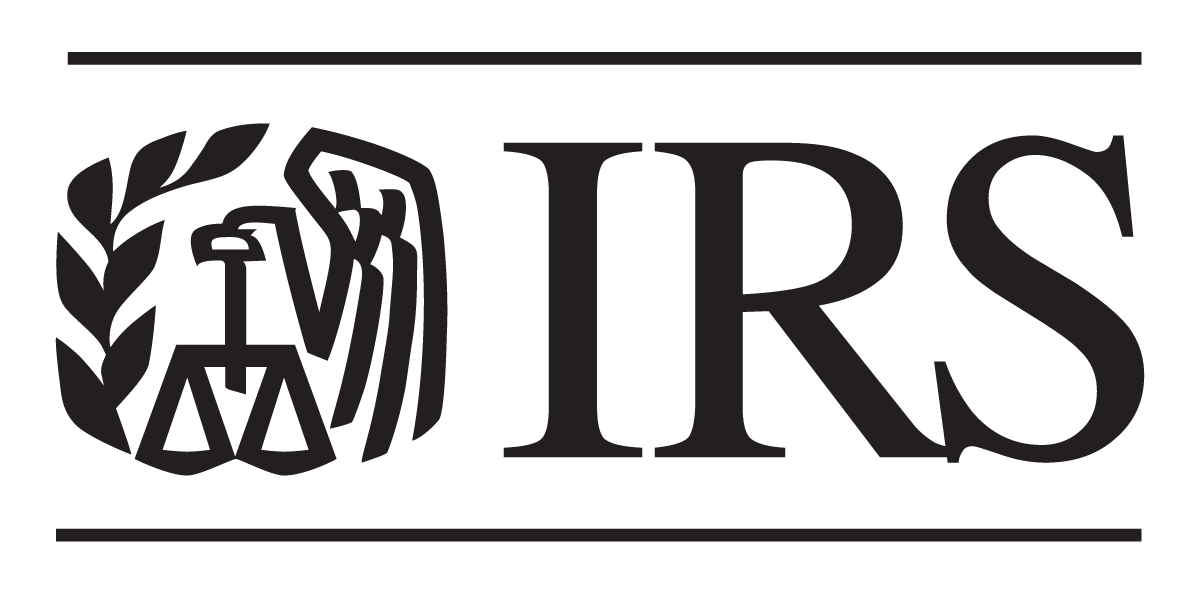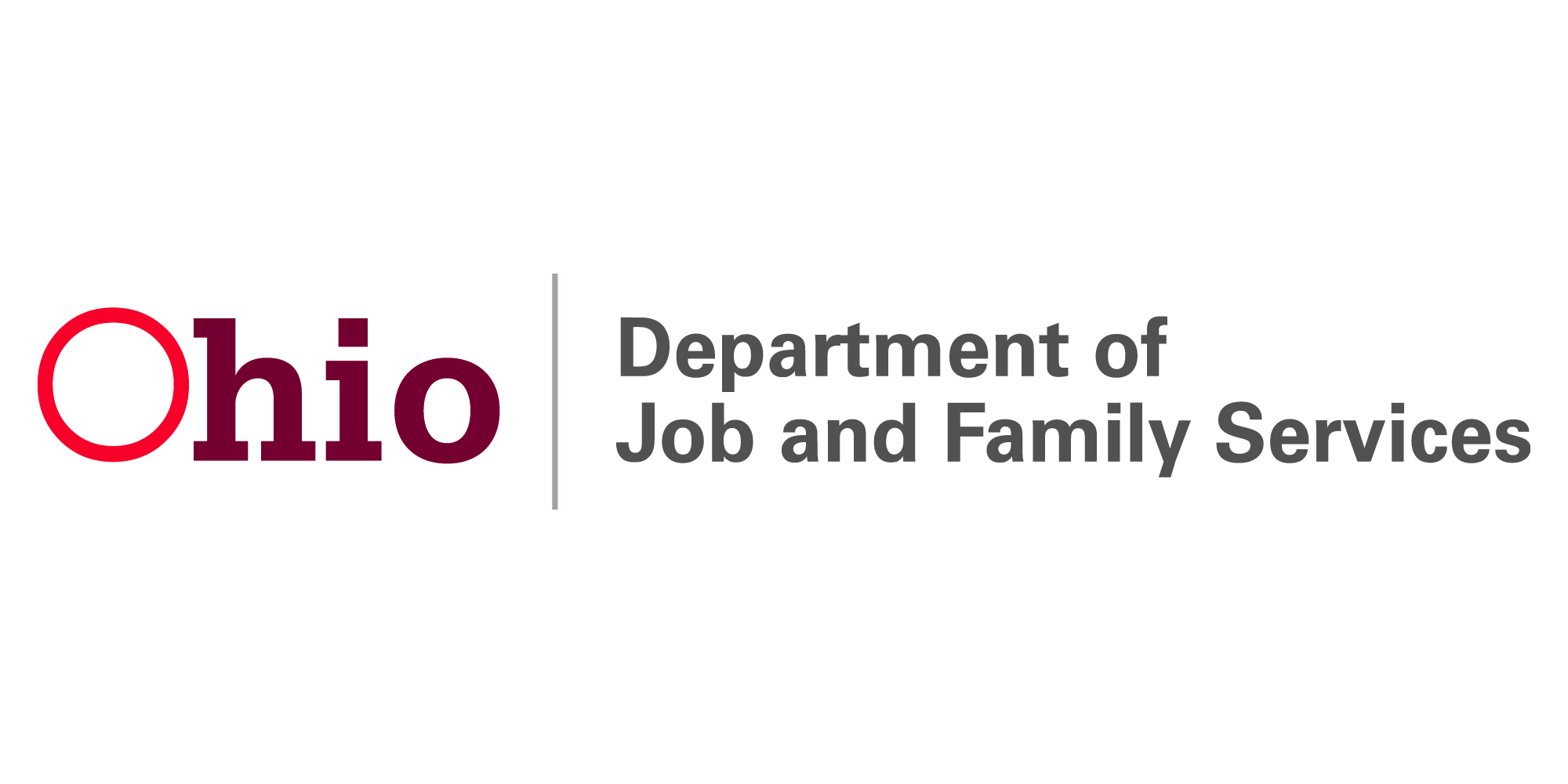For three Zinnner & Co. interns, their internships were ones they will likely never forget, as they had to overcome a challenging tax season.
When their internships began, Allen Li (Case Western Reserve University), Kyoko Tosi (Kent State University) and Brett Carney (CWRU) likely thought they were in for a normal tax season.
“We learned how to prepare individual tax returns and to issue the 1099 tax forms,” said Tosi. “We were provided with weeks of training, practice period and real work with senior's reviews.”
The work kept them busy as they began an in-depth journey into the world of accounting.


